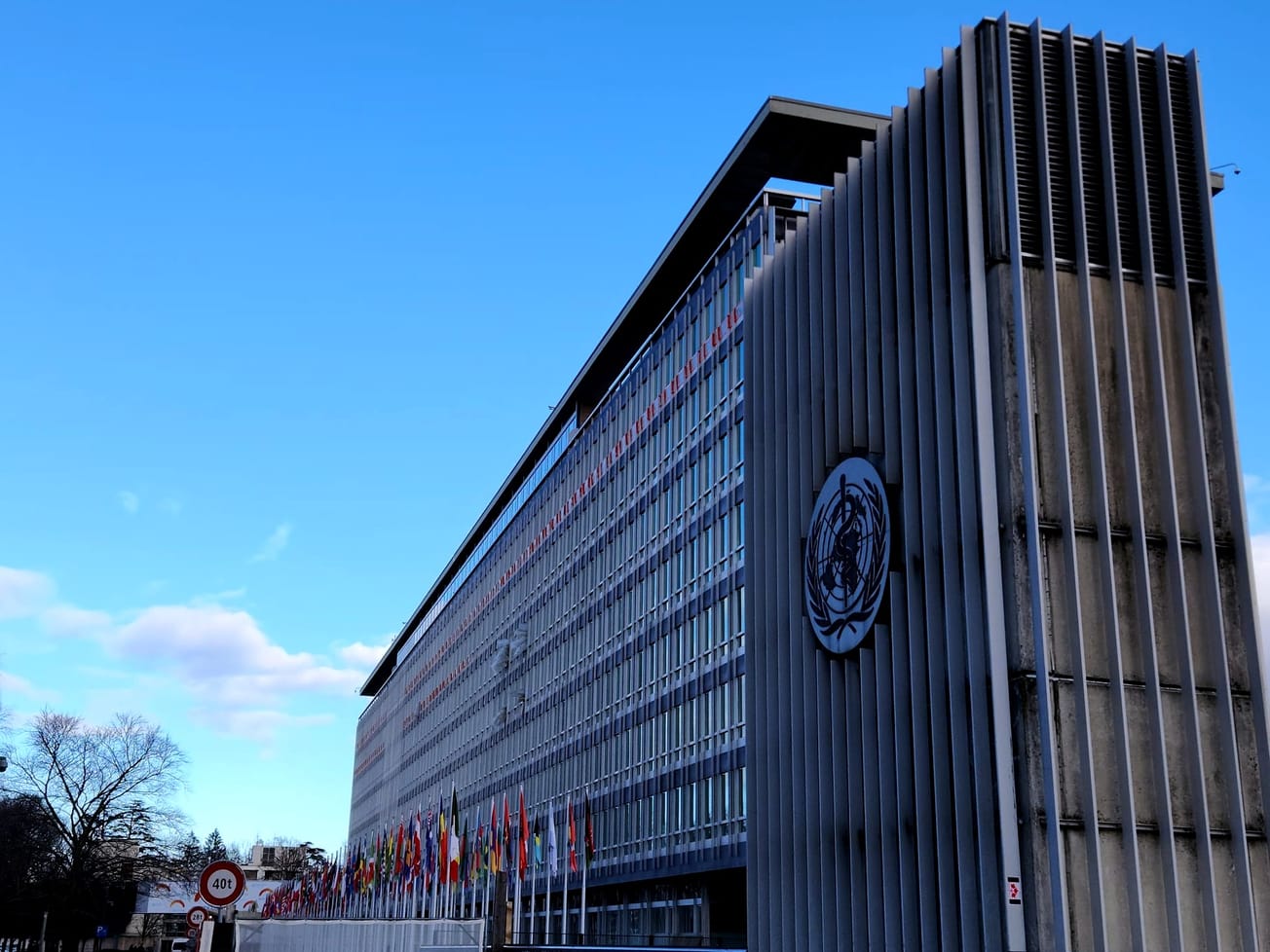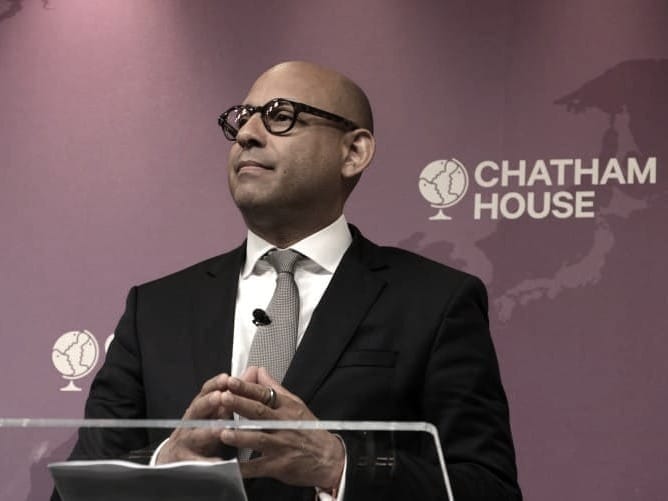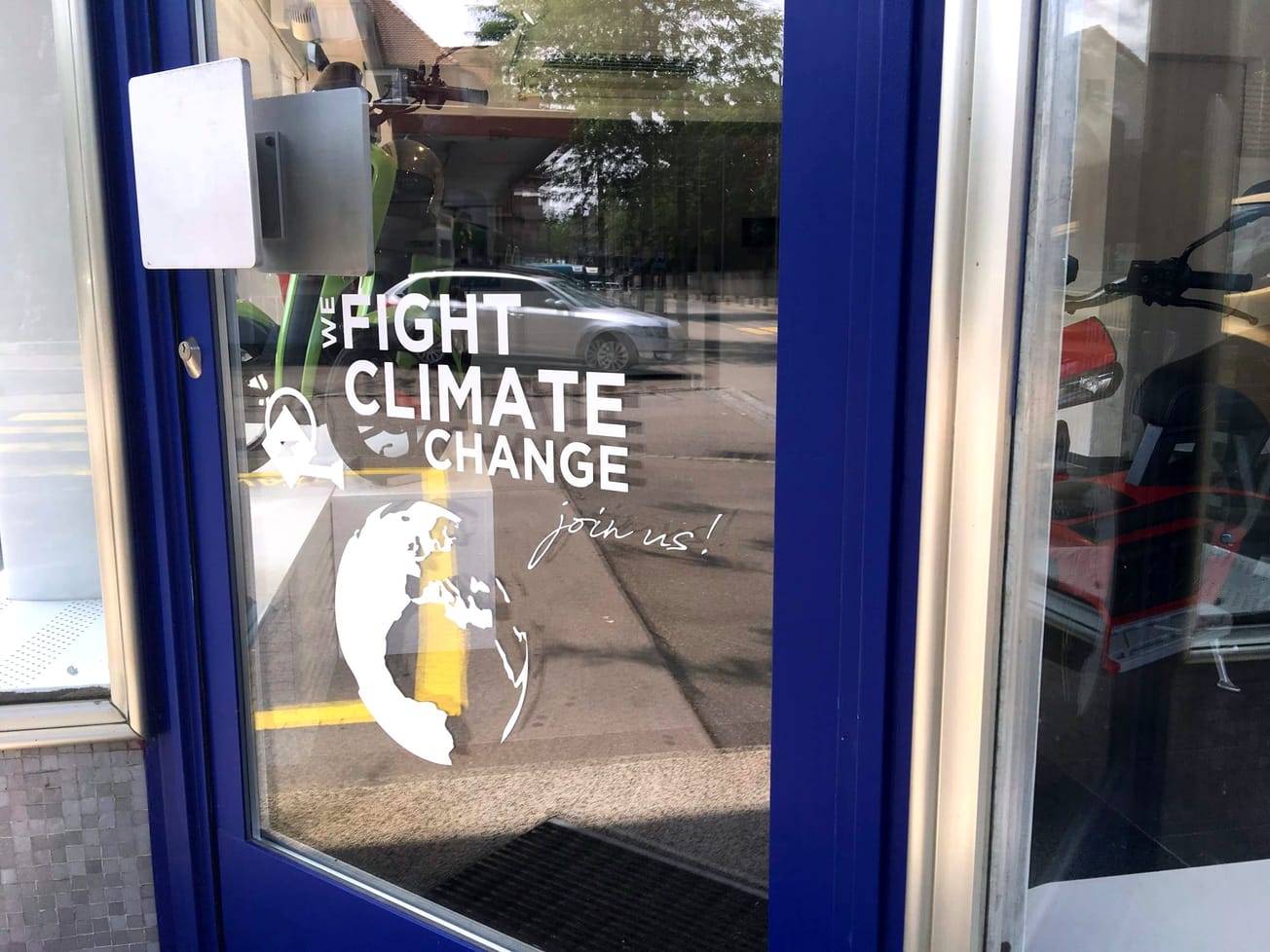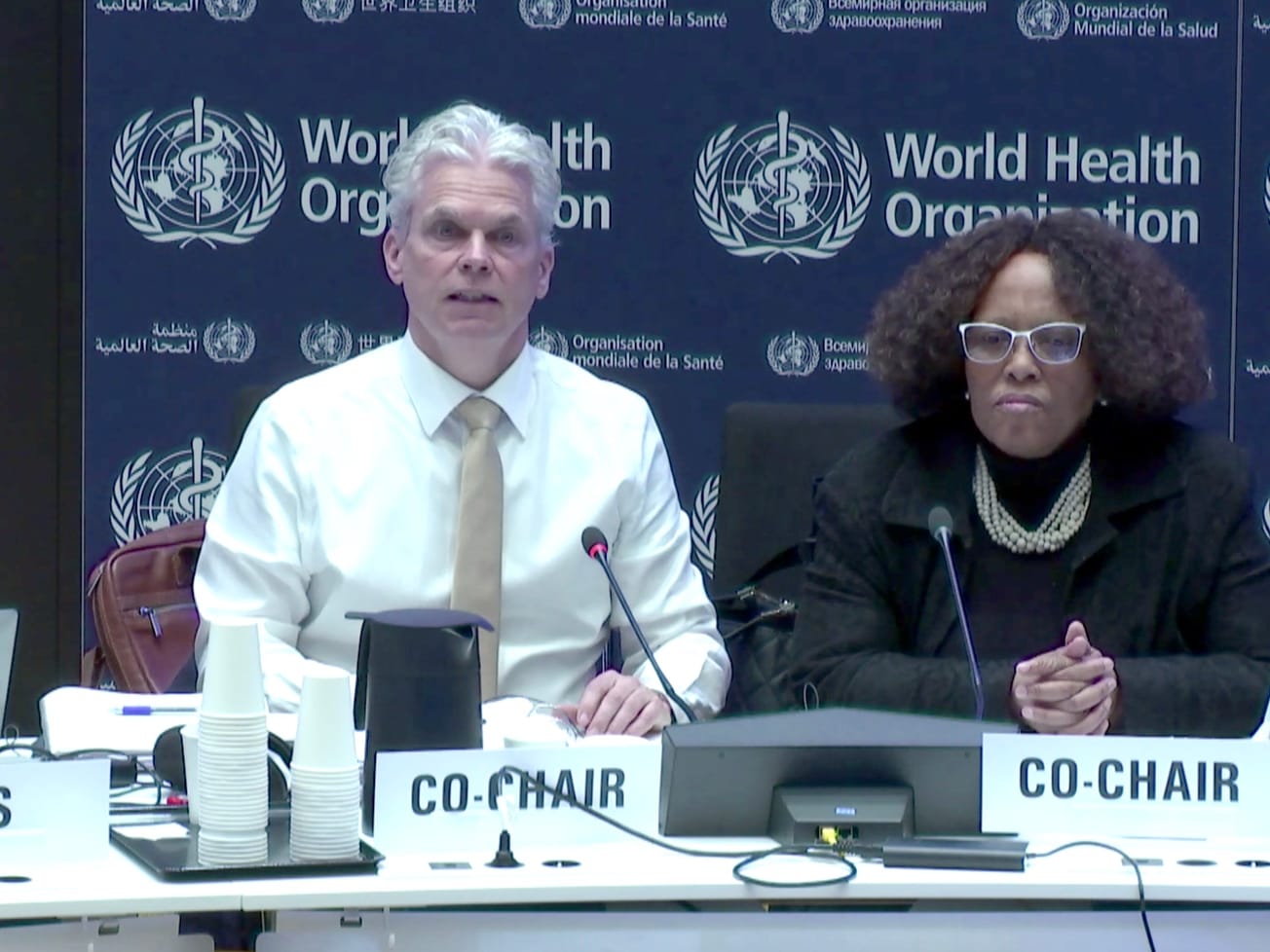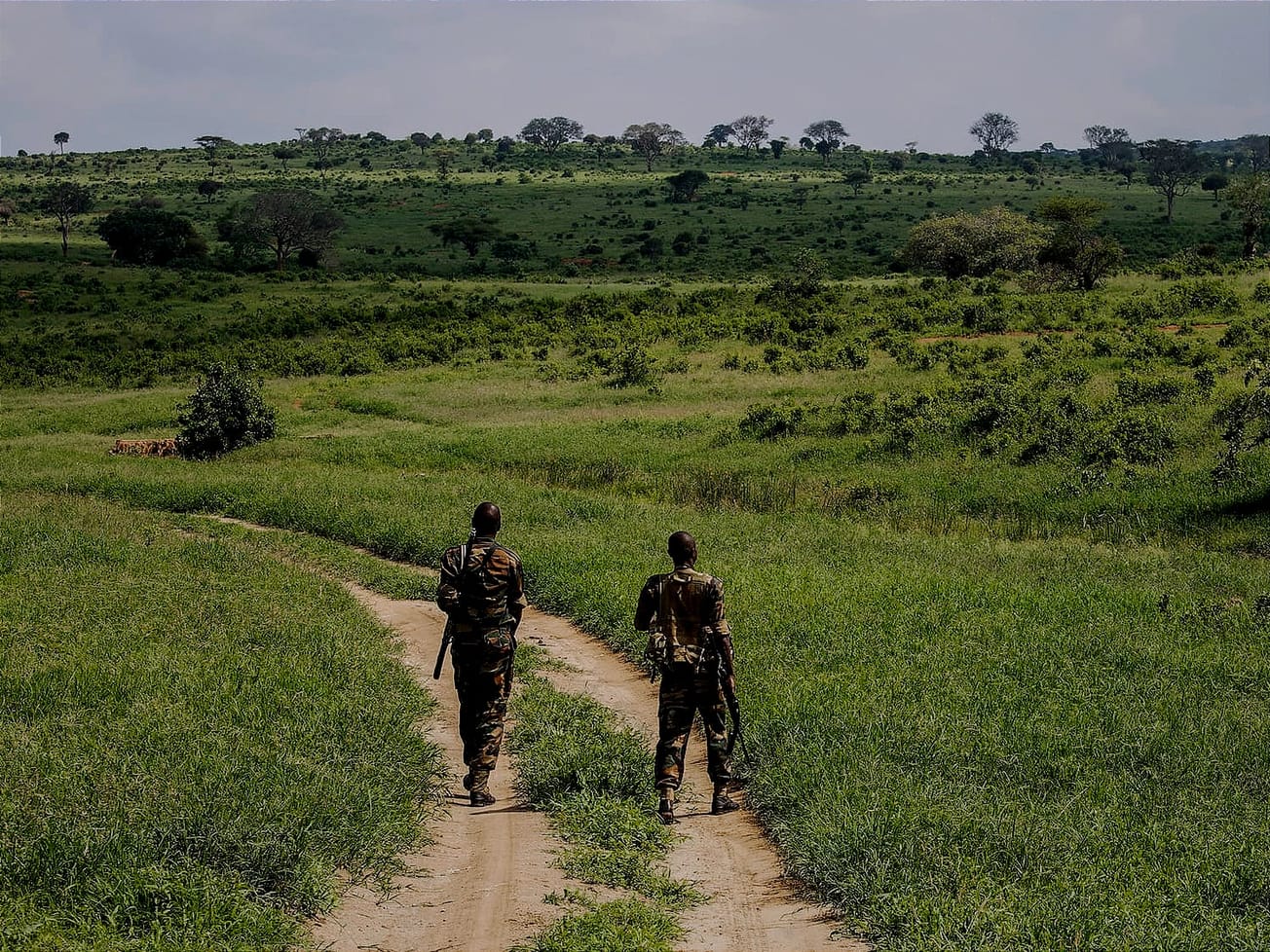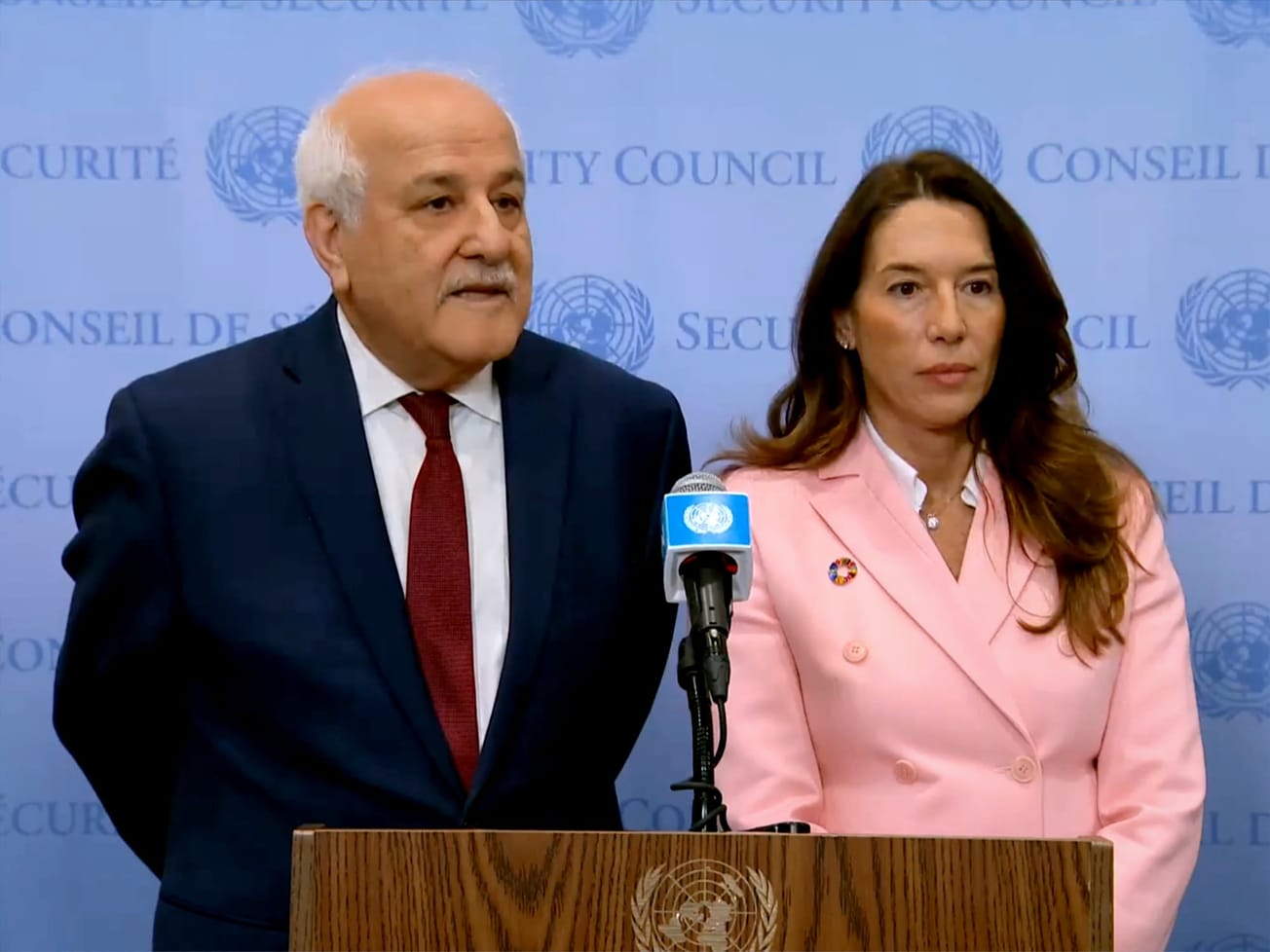GENEVA (AN) — Time has all but ran out for talks to reach a landmark global treaty aimed at preventing future pandemics, after two years of efforts to draft a text – but the talks were extended beyond the deadline.
The World Health Organization's Intergovernmental Negotiating Body ended a final round of talks on Friday evening without completing a draft text for the World Health Assembly's 194 member countries to take up in late May.
The negotiating body, created by the assembly in Dec. 2021, was expected to finish the text on a proposed treaty that could improve health access and global equity but also reaffirm nations' sovereignty.
Disputes over access and equity kept negotiators far apart. "Negotiators of the pandemic accord worked really hard for long hours over days but there was no agreement on key issues that can ensure equity," said Dr. Mohga Kamal-Yanni, a senior health adviser for Amsterdam-based Health Action International.
WHO said on Friday evening, however, that governments have agreed to "continue their steady progress" on a proposed pandemic agreement and to further refine the draft during the next two weeks before the assembly.
The talks will advance work on critical issues, WHO said, including pandemic prevention, a proposed new global system for pathogen access and benefits sharing that involves life-saving vaccines, treatments and diagnostics, and the financial coordination needed to scale up countries’ capacities to handle pandemics.
"During more than two years of intensive negotiations, WHO’s member states have shown unwavering commitment to forging a generational agreement to protect the world from a repeat of the horrors caused by the COVID-19 pandemic,” said WHO's Director-General Tedros Adhanom Ghebreyesus. “I welcome the determination that all countries have shown to continue their work and fulfill the mission on which they embarked.”
Earlier, Tedros had urged governments to bridge major disputes and urgently adopt a treaty on pandemic cooperation. "The biggest danger is indifference and inaction," he told negotiators as the talks opened. "Give the people of the world, the people of your countries, the people you represent, a safer future. So I have one simple request: please, get this done, for them."
But as time was running out after more than two years of negotiations, Tedros noted that opinions varied wildly about where things stand.
"Some say the agreement is too specific; some say it’s not specific enough. Some say it’s too strong; some say it’s not strong enough," he said. "I appreciate that it has been a difficult and sometimes painful process, and that it’s not over."
Separately, nations were negotiating amendments to the World Health Organization's International Health Regulations, a set of legally binding rights and obligations for disease outbreaks and other acute public health risks that apply to WHO's 194 member nations plus Liechtenstein and the Holy See. Some proposals would also deal with pandemic challenges.
Optimism from the negotiating body's co-chairs
The IHR is a cornerstone of global health security, Tedros said, but the COVID-19 pandemic "showed the need to strengthen them in some areas to make them fit for purpose."
Under the draft pandemic treaty, WHO would get "real-time access" to a fifth of the world's pandemic products for distribution based on public health risks and needs: 10% from donations and 10% paying "affordable prices."
Nations would also commit to monitor threats, improve their ability to respond, and share viral specimens and genome sequences of pathogens with a WHO-administered global respository and database.
Negotiators, who have been meeting since last week, were trying to overcome a stalemate over some issues as they met at WHO's headquarters in Geneva and broke into working groups.
INB co-chair Precious Matsoso told reporters the window of opportunity was closing, but she saw reason for hope. "Countries are beginning to find each other," she said. "There are some articles that have progressed significantly. I think we will see more of those early next week."
INB Bureau Co-Chair Dr Precious Matsoso, from South Africa, praised the decision to keep negotiating until the assembly is held. “This is not a simple exercise. This is the first ever process to develop a proposed agreement on pandemic prevention, preparedness and response," she said. "Getting this done means getting it right, and the INB Bureau is committed to help finalize a meaningful, lasting agreement.”
Fellow INB Bureau Co-Chair, Mr Roland Driece, from the Netherlands, said when countries launched the process two years ago to develop a pandemic agreement, they did so knowing they had set an ambitious timeline to reach an ambitious goal.
Roland Drice, the other INB co-chair, said that "while negotiations have been challenging at times, all countries agree that the world must be better prepared for the next pandemic. It is not a matter of if a pandemic will happen again; it is a matter of when. We cannot afford to miss this historic opportunity to make the world safer from the next pandemic threat.”
This story has been updated with additional details.


